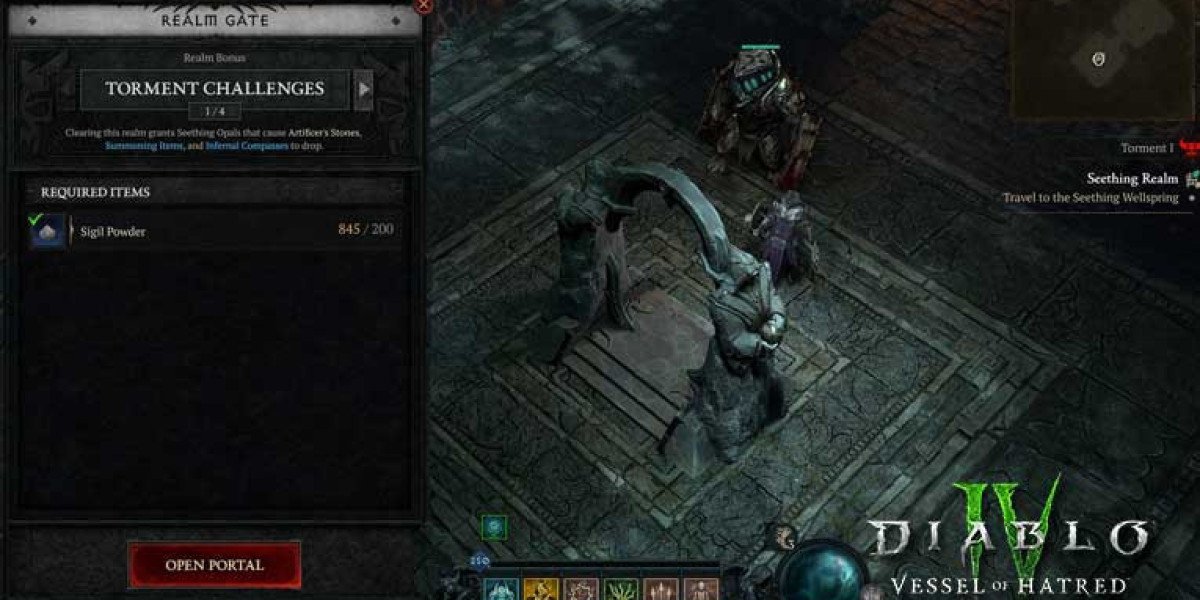Electricity powers every modern home, and behind the walls and outlets lies a critical network that makes it all possible—wiring. Whether you're building a new home, remodeling, or troubleshooting electrical issues, understanding how wiring works and what makes it safe is essential. Improper or outdated wiring not only leads to power disruptions but also poses serious fire and safety risks.
From lighting and appliances to your outlet & switch wiring, every connection matters. The quality, layout, and safety of your wiring system play a key role in your home’s efficiency and overall performance.
Trusting the Right Experts
When it comes to repairs or upgrades, hiring certified electricians with proven experience in wiring systems is crucial. That’s where Reliable Electric of NYC & NJ, Inc comes in. Their licensed professionals are known for delivering expert wiring solutions throughout New York and New Jersey.
Whether you're dealing with faulty circuits, planning a renovation, or need complex wiring repairs, their team ensures everything is installed to current safety codes. Their approach emphasizes reliability, safety, and long-term performance—making them a trusted choice for both simple and advanced wiring projects.
The Basics of Residential Wiring
Residential electrical systems are more than just wires running through walls. A well-planned system is designed to safely deliver electricity from your breaker panel to each outlet, switch, and appliance.
Key components of a home wiring system include:
Wires and Cables: These carry current and vary in size and type based on the load and location.
Outlets and Switches: Safe and correct outlet & switch wiring ensures proper functionality of all connected devices.
Junction Boxes: These protect wire connections and help prevent fires.
Grounding: Proper grounding provides a safe path for stray electricity, reducing shock risks.
Every element must be properly connected and tested to guarantee safety and performance. If you're unsure about the condition of your system, a professional inspection can uncover hidden hazards before they become dangerous.
Common Wiring Issues and Warning Signs
Old, worn-out, or improperly installed wiring can lead to a host of problems. Some of the most common signs of wiring trouble include:
Flickering or dimming lights
Burning smells or discolored outlets
Frequently tripped breakers
Buzzing sounds from switches or walls
Warm or sparking outlets
These issues often require immediate wiring repairs to prevent electrical fires or power loss. Don’t ignore these warning signs—have them checked by a licensed electrician as soon as possible.
Why Safe Wiring Matters
Modern appliances and tech demand more from your home’s electrical system than ever before. Safe and efficient wiring:
Prevents electrical fires and overloads
Improves energy efficiency
Supports high-powered devices
Extends the life of your electrical infrastructure
Helps meet current building codes and safety standards
As part of any home improvement or upgrade, reviewing and updating your electrical wiring is a smart investment in both safety and property value.
Final Thoughts
Your home's wiring system is one of the most important yet overlooked parts of your infrastructure. Whether you're installing new outlets, planning a remodel, or dealing with circuit issues, proper wiring is key to long-term safety and functionality.
Working with professionals like Reliable Electric of NYC & NJ, Inc ensures the job gets done right—from outlet & switch wiring to advanced wiring repairs. Their team brings expertise, compliance, and peace of mind to every project, large or small.
Don't wait until there's a problem. Proactive attention to your wiring today protects your home and family tomorrow.
Frequently Asked Questions
1. How do I know if my home's wiring is outdated?
If your home was built over 30 years ago and hasn’t been rewired, chances are the wiring may not meet modern standards. Signs include cloth insulation, two-prong outlets, or frequent breaker trips.
2. Can I do outlet or switch wiring myself?
Small tasks might seem simple, but it's always safer to hire a licensed electrician. One mistake can lead to shock, fire, or code violations.
3. What causes wires to overheat?
Overloaded circuits, poor connections, or damaged insulation can cause wires to heat up, posing serious risks.
4. How often should electrical wiring be inspected?
Experts recommend having your wiring inspected every 10 years, or immediately if you notice any warning signs.
5. Is rewiring a home expensive?
Costs vary based on home size and scope, but consider it a long-term investment in safety and efficiency.








